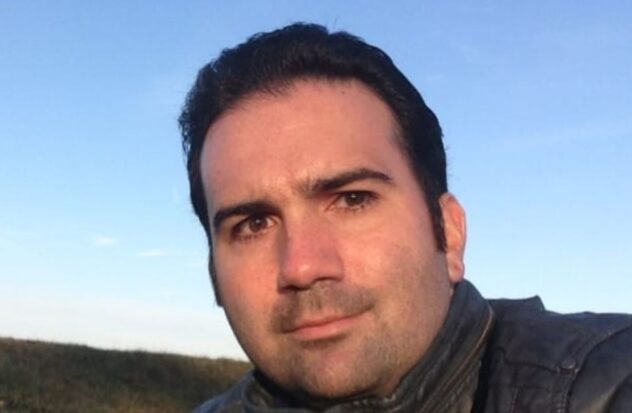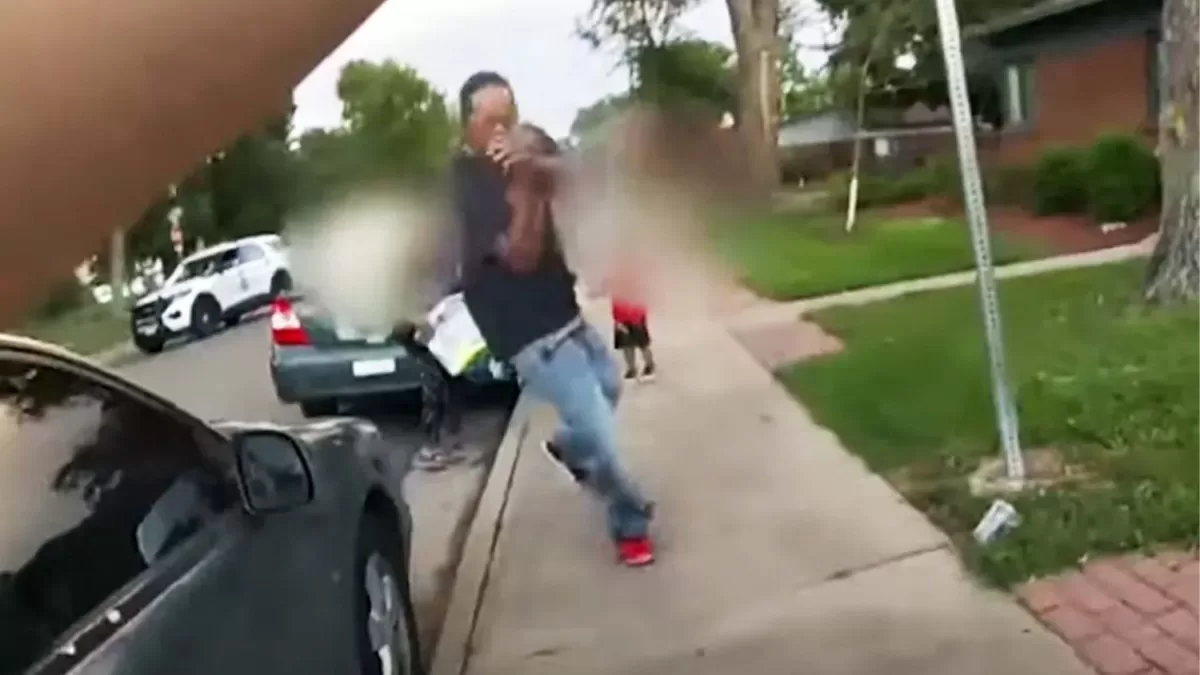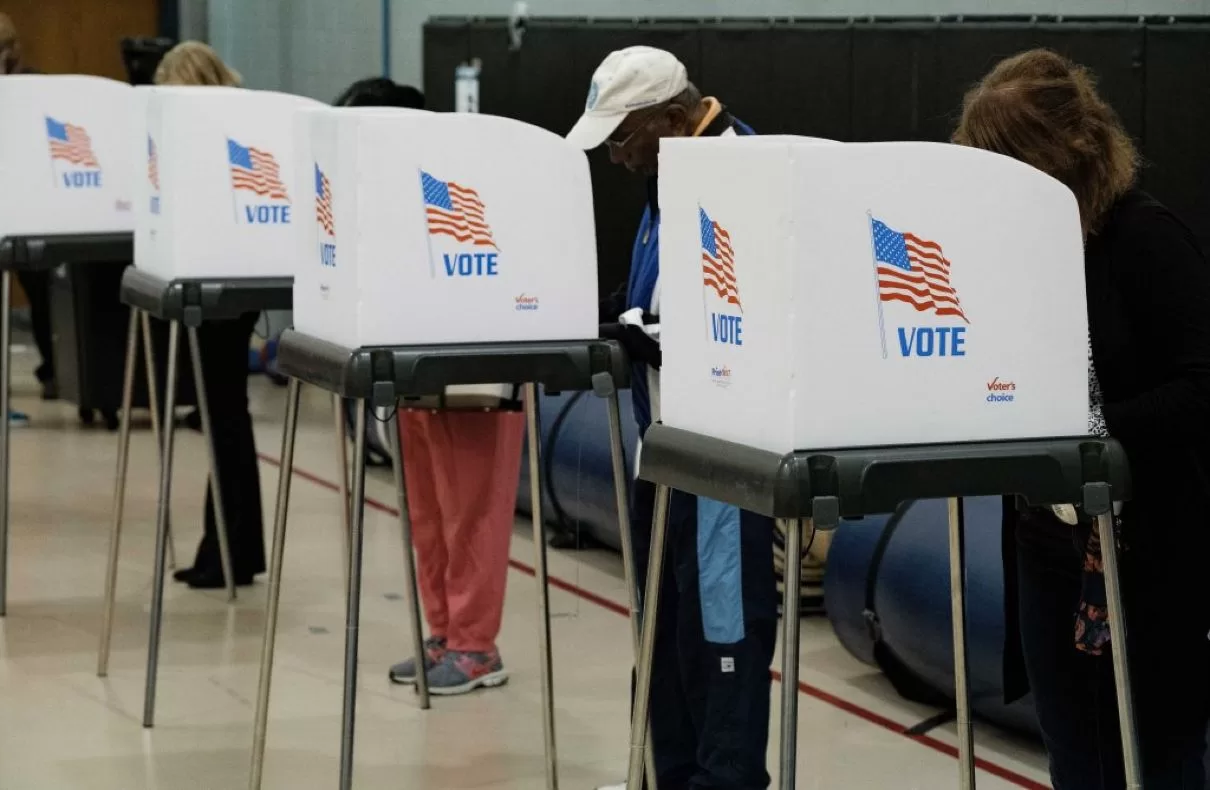On Saturday the PEN Writers Club Cubans in Exilebased in the city of Miami, elected Professor Daniel Pedreira as its new president, thus concluding the electoral process corresponding to the year 2024.
During the vote counting, carried out at the Westchester Regional Library and in the presence of about 30 people, the writers José Abreu Felippe and Willema Wong counted the 58 ballots of active members, mostly residents of Florida.
The new Board of Directors of the PEN, whose mandate will extend until 2028, was left with the authors Orlando Rossardi, Rolando Morelli and Armando M. D’Fana in the positions of Vice President, Secretary and Treasurer, respectively.
Sara Martínez Castro will chair the organization’s Women’s Committee, and former political prisoner Ángel De Fana will chair the committee of writers imprisoned on the island.
The list of PEN Members will include very active figures in the Cuban community in exile such as political analyst Julio M. Shilling and columnist Pedro Corzo, and Octavio de la Suaree, Ángel Pardo and Ernesto Díaz Rodríguez.
Under the responsibility of Advisors of the institution will be the former presidents José Antonio Albertini, and the outgoing Luis de la Paz.
The outgoing presidency: Unite creators, promote Freedom
In statements to DIARIO LAS AMERICASde la Paz stressed that the performance of an organization like the PEN Club of Cuban Writers in Exile should not be measured by the work done by whoever is in charge of the institution, but by the joint work of all the members of the board. board and members.
“In the almost four years at the helm I only tried to reaffirm our literary work, creating the PEN Editions label, where we published, among others, a trilogy that includes texts by almost all of our members: Female Voices of PEN; Poets and Narrators, and Essayists and Journalists Later, a book was published, Patria y cultura, 25 años del PEN, in which works by writers active in our center appear, some who have already died and others who were part of our PEN and who have no longer continued,” he recalled. .
In parallel, through PEN International and the PEN Latin America group, work has been done to publicize the persecution, harassment and judicial arbitrariness committed in Cuba against journalists, writers, musicians, filmmakers and bloggers; in general people who express themselves against Socialism through art.
De la Paz recalled that at the 88th Congress of the International PEN, held in Uppsala, Sweden, in 2022, the only resolution presented on the situation on our continent was referring to Cuba and was approved unanimously and without amendments.
“From our Cubans in Exile center we have supported international complaints against the imprisonment of writers in other parts of the world. We have been consistent with the principle of free expression of our ideas and the fundamental principles of freedom,” de la Paz highlighted.
He compared how while in Cuba the UNEAC, which brings together writers and artists, write and sign documents supporting the imprisonment and shooting of dissidents and spontaneous protesters who express themselves against Cuban tyranny, that is something that will never happen with the PEN based in Miami .
“The essence of our PEN center is the right to free literary creation and adherence to the regulations of PEN International and our own. In general, what I did as president was to follow the spirit of freedom that we set out to do 28 years ago when he managed to get the creation of the International PEN branch for Cuban writers in exile approved. The same thing that Daniel Pedreira will surely do, who will add his own personality,” he stressed.
The first president born in exile
The theater critic also expressed that Pedreira becomes the first president of a Cuban PEN, who was not born on the island, “something that speaks, on the one hand, of the long exile, and on the other, of the Cubanness that the parents pass on to their children and grandchildren.
The new leader, who had been vice president of the PEN until the elections, is a professor in the Department of Politics and International Relations at Florida International University, and number two at the Cuban Institute for Freedom of Expression and Press (ICLEP), which monitors the situation. of communicators and citizens on the island.
Born in Miami and the son of parents exiled as a result of Castroism, he obtained a doctorate in Political Science from Florida International University, and two master’s degrees: one in Political Science from Florida International University, another in Peace Operations from the George Mason University.
Daniel has dedicated himself to the research and study of Cuban political history, focusing on the Republican era, between 1902 and 1959, and his articles on historical and contemporary topics have been published in several American newspapers.
His books include The Last Constituent: The Political Development of Emilio “Millo” Ochoa (Aduana Vieja, 2013), An Instrument of Peace: The Full-Circled Life of Ambassador Guillermo Belt Ramirez (Lexington Books, 2019) and PEN Club de Cuban Writers in Exile: Foundation, struggle and present (2019).
Regarding the 11J demonstrations, Pedreira then recorded the Washington Post that a spontaneous series of nationwide protests had not been seen in one day in Cuba since 1962, and described the atmosphere of the protests in Miami as one of “palpable enthusiasm” among young Cuban-Americans.





